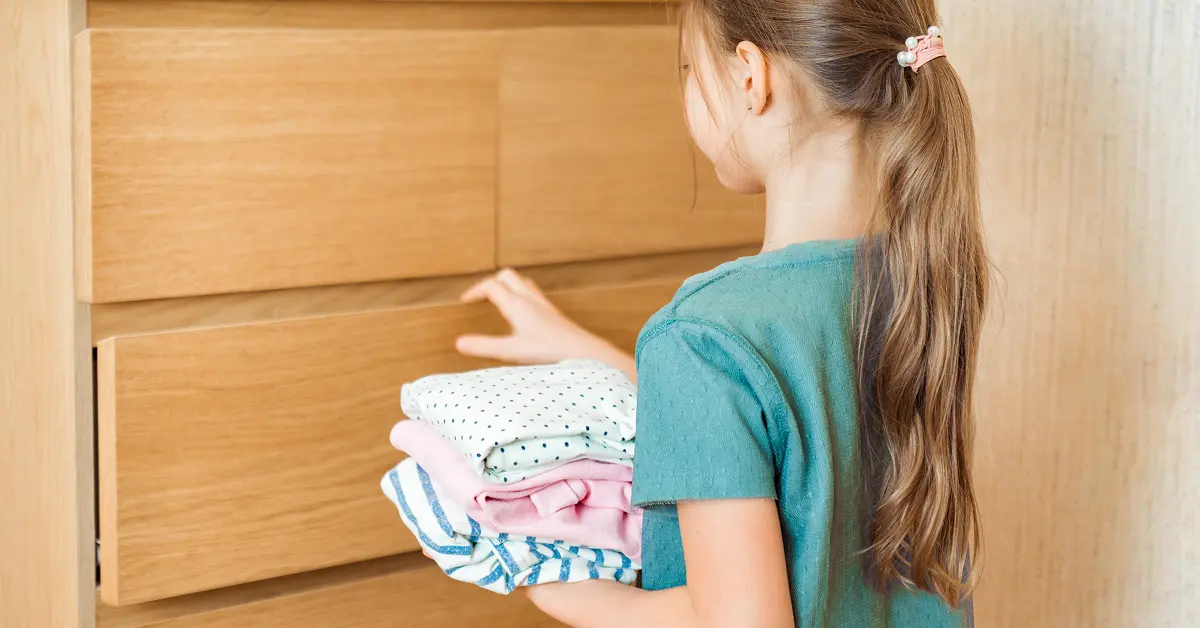A well-organised home brings peace, productivity, and positivity. In most Indian households, keeping wardrobes and kitchen shelves neat and accessible is a constant challenge. But with the help of a smart, trained housemaid, this task becomes effortless. Experienced maids know quick, effective methods for decluttering, categorising, and optimising storage in both wardrobes and kitchens. Whether you’re a busy professional or a homemaker, these insights can transform your daily routines.
In this blog post, we’ll explore smart maid tips for organising wardrobes and kitchen shelves — tips that save time, reduce stress, and improve the overall functionality of your home.
Why Organisation Matters in Indian Homes
Indian homes are vibrant, active, and full of variety — from different types of clothing for each season and occasion, to diverse kitchen ingredients and utensils for daily meals. Without a system in place, wardrobes overflow and kitchen shelves become chaotic. This leads to:
- Wasted time looking for things
- Food spoilage due to poor visibility
- Misplaced items or duplicated purchases
- Stress and dissatisfaction in daily chores
Housemaids, when trained smartly, bring professional organisation techniques that simplify this clutter.
Smart Maid Tips for Wardrobe Organisation
Declutter First, Sort Later
A seasoned housemaid knows that the first step to organising a wardrobe is emptying it entirely. She then categorises clothes into:
- Daily wear
- Formal wear
- Festive/seasonal clothing
- Items for donation or disposal
Vertical Folding Method
Maid training programs now include the KonMari vertical folding technique. Clothes are folded in rectangles and placed upright, allowing easier visibility. This method:
- Saves space
- Keeps stacks neat
- Makes it easy to spot items at a glance
Seasonal Rotation
A smart maid will rotate clothing seasonally — storing woollens in vacuum bags during summer and keeping cottons front-facing. This helps keep the wardrobe fresh and functional year-round.
Labelled Baskets and Boxes
To store accessories like socks, undergarments, belts, or scarves, maids use labelled bins or cloth boxes. These reduce clutter and make retrieval easier — especially for children and seniors.
Saree and Suit Maintenance
For Indian ethnic wear, hanging sarees with padded hangers and keeping suits in garment bags is a practice maids are taught. Dupattas are matched and folded with kurtas or stored in transparent bags.
Smart Maid Tips for Kitchen Shelf Organisation
Segmentation by Usage
The kitchen works best when ingredients and utensils are stored based on how frequently they’re used. A smart maid will:
- Keep daily-use spices and oils within arm’s reach
- Store heavy equipment like mixers or pressure cookers at waist level
- Place rarely used tools on the top shelf
Transparent Storage Containers
Housemaids often replace traditional packaging with transparent, labelled jars or containers. This helps in:
- Identifying ingredients quickly
- Preventing food waste
- Maintaining cleanliness by avoiding spills
FIFO Method for Groceries
Maids trained in inventory rotation use the First In, First Out (FIFO) system — placing older grocery items in the front and new purchases at the back. This method:
- Prevents expiry-related wastage
- Maintains stock freshness
Daily and Weekly Cleaning Schedules
A clean kitchen shelf is a happy kitchen. Experienced maids clean visible areas daily and deep-clean shelves every week. This includes:
- Wiping oil residue
- Checking for insects
- Re-aligning spice racks and bottles
Zoning Strategy
A smart maid zones the kitchen based on functionality:
- Cooking zone: Spices, oils, utensils
- Prep zone: Cutting board, knives, storage bowls
- Storage zone: Grains, pulses, flours
- Cleaning zone: Dish soap, scrubbers, cloths
Bonus Tips from Expert Maids
A. Monthly Wardrobe Inventory
A great practice maids adopt is a quick monthly inventory check. They ensure:
- Missing items are traced
- Seasonal items are rotated
- Damaged clothes are mended or discarded
B. Kitchen Shelf Labelling in Hindi or Regional Language
In multilingual homes, maids often label kitchen jars in both English and local languages (like Hindi, Tamil, or Bengali). This makes it easier for elders or children to assist in the kitchen too.
C. Use of DIY Dividers
Instead of buying expensive organisers, smart maids use cardboard or leftover boxes to make shelf dividers — perfect for kitchen racks or wardrobe drawers.
D. Silica Gel and Neem Leaves for Wardrobes
To avoid moisture and pests, housemaids often place silica gel packets or dried neem leaves in wardrobe corners. This is a natural and cost-effective way to protect clothing.
Benefits of Organising with Maid Support
Hiring a trained maid for organisation tasks provides many benefits:
- Saves time for the family
- Reduces mental load, especially for working women
- Maintains hygiene and cleanliness
- Prolongs the life of clothes and groceries
- Prevents unnecessary purchases by keeping inventory in check
In metros like Mumbai, Bengaluru, or Delhi, where space is limited and schedules are hectic, these skills are invaluable.
Final Thoughts
In today’s fast-paced lifestyle, having a maid who is not just hard-working but also smart and systematic can be a game-changer. Wardrobe and kitchen shelf organisation might seem minor, but they significantly impact the ease of daily living.
When maids are trained in modern organising hacks — like vertical folding, FIFO stocking, zoning, and seasonal rotations — your home remains functional, tidy, and stress-free. So, whether you manage your home independently or with help, consider implementing these smart maid tips to upgrade your storage and streamline your routines.
Contents
Our 24*7 services
Latest Posts
- What Is Respite Care and Why Is It Important
- Affordable home care for senior citizens in India
- Caring for Seniors with Dementia or Alzheimer's at Home
- Senior Caregiving A Guide for Every Family
- How to Write a Caregiver Resume That Gets You Hired
- How Care After Hospital Discharge Speeds Up Recovery at Home
- How to Get Home Health Care for Seniors Through Medicare
- What Does a Senior Citizen Caregiver Really Do at Home
- How to Care for Elderly Parents with Alzheimer’s or Dementia
- How to Get 24-Hour Care for Seniors at Home



